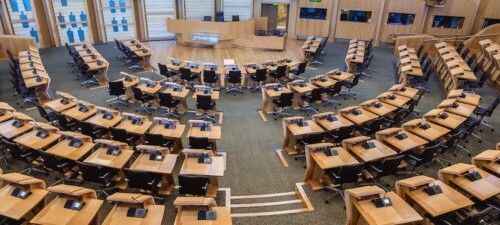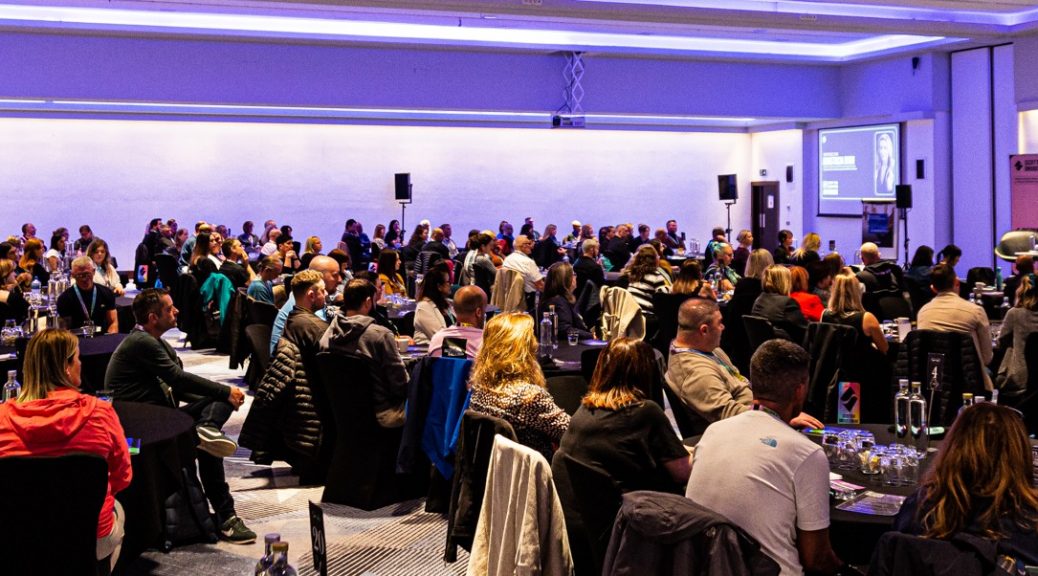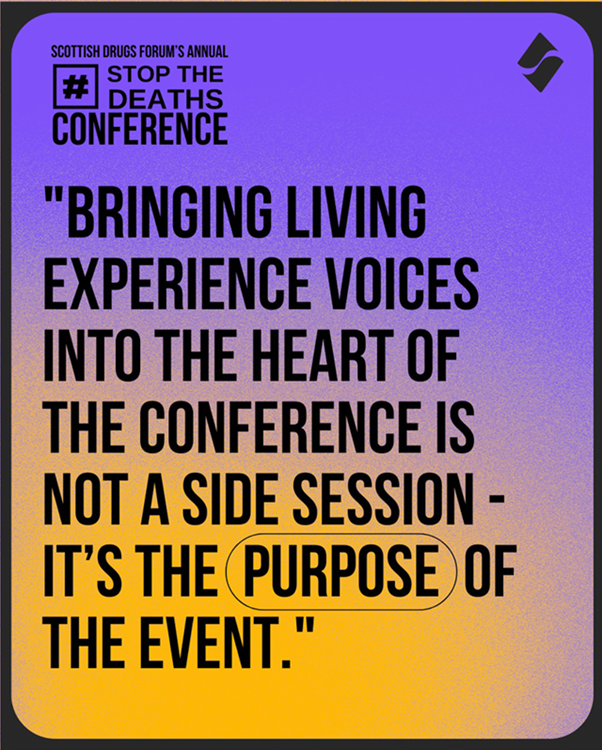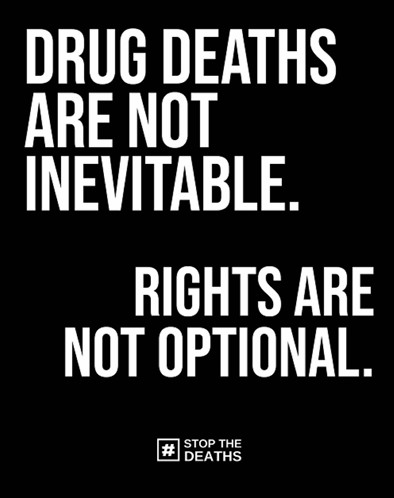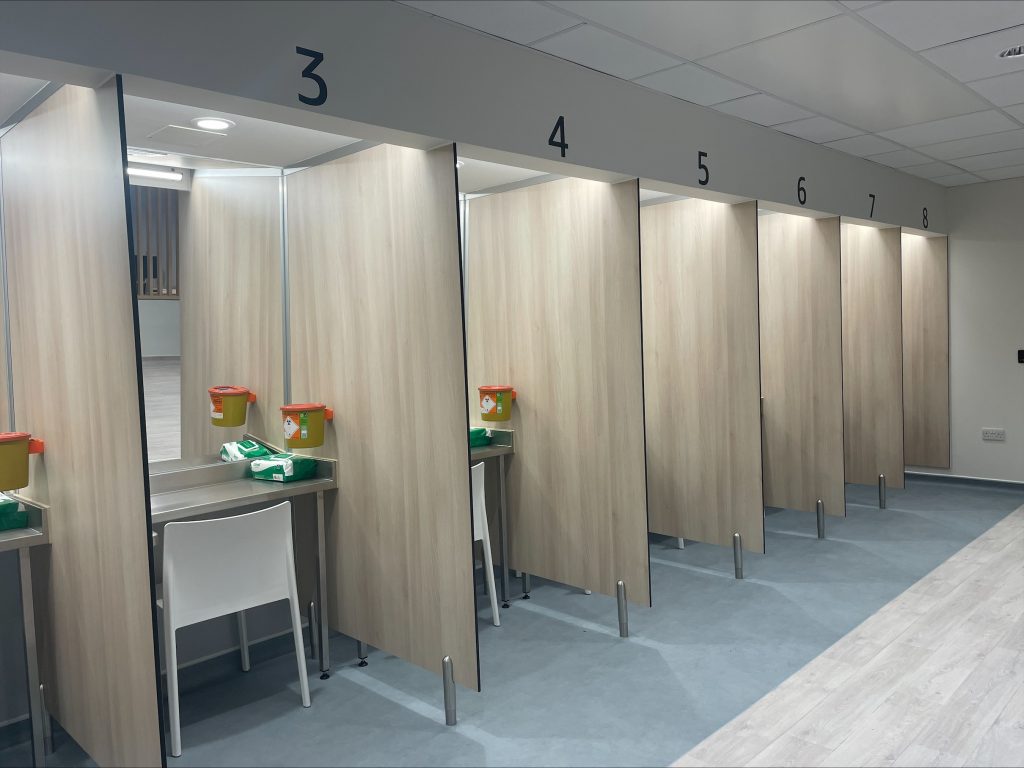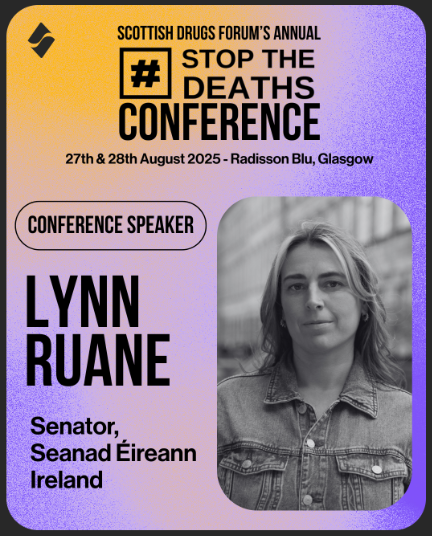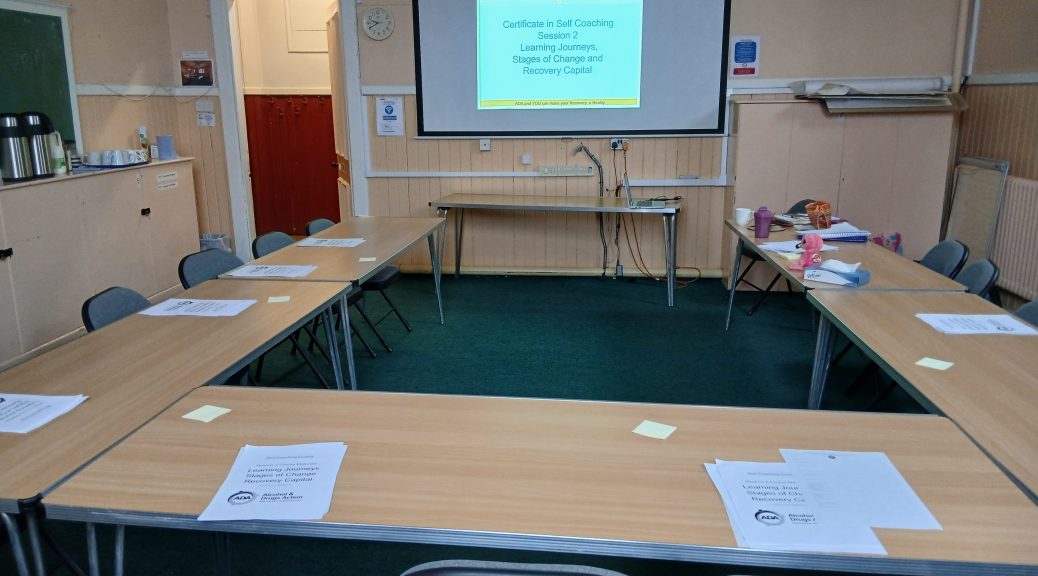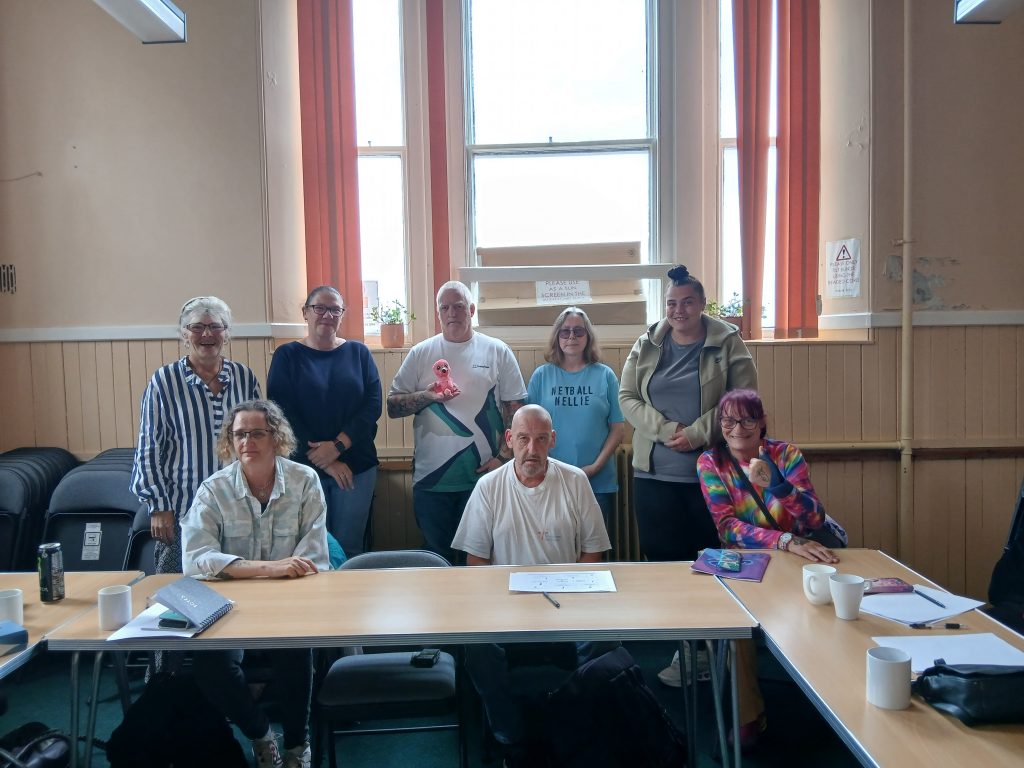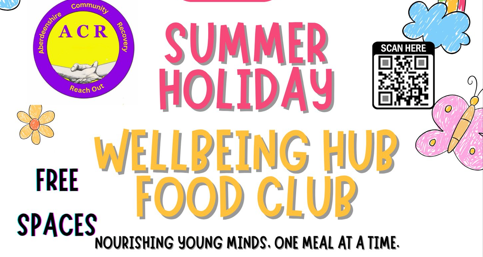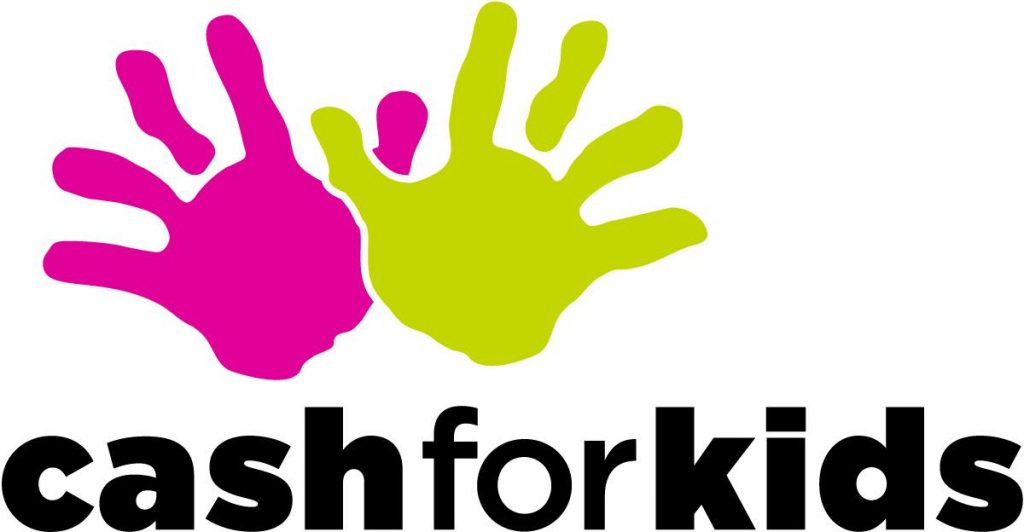Right to Addiction Recovery Bill – Killed at Stage 1
“There is a concern that the Bill will create a precedent for the creation of legal rights to treatment in specific health areas. I do not think that it takes much imagination to think where we could get to in a relatively short space of time if the allocation of resources in healthcare were determined not by clinical need but by whether individual bills had passed through Parliament.”
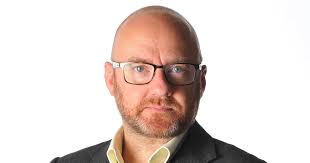
This is what I think was the most relevant quote from the Right to Addiction Recovery (Scotland) Bill: Stage 1 debate in Scottish Parliament on October 9th 2025. Mr Patrick Harvey MSP is concerned that giving people the legal right to treatment would open the floodgates to the general public asking the NHS for their preferred treatment,
Many years ago, I was trained by the NHS in Glasgow to become a Registered General Nurse. Almost 50 years ago, class of 1977, I joined the workforce and in 1992 I walked away. I could read the writing on the wall then and following the Right to Addiction Recovery Bill progress through the Scottish Parliament reinforced why I left. Does anyone care?
The Scottish Minister for Drug and Alcohol Policy, Maree Todd, said in her statement.
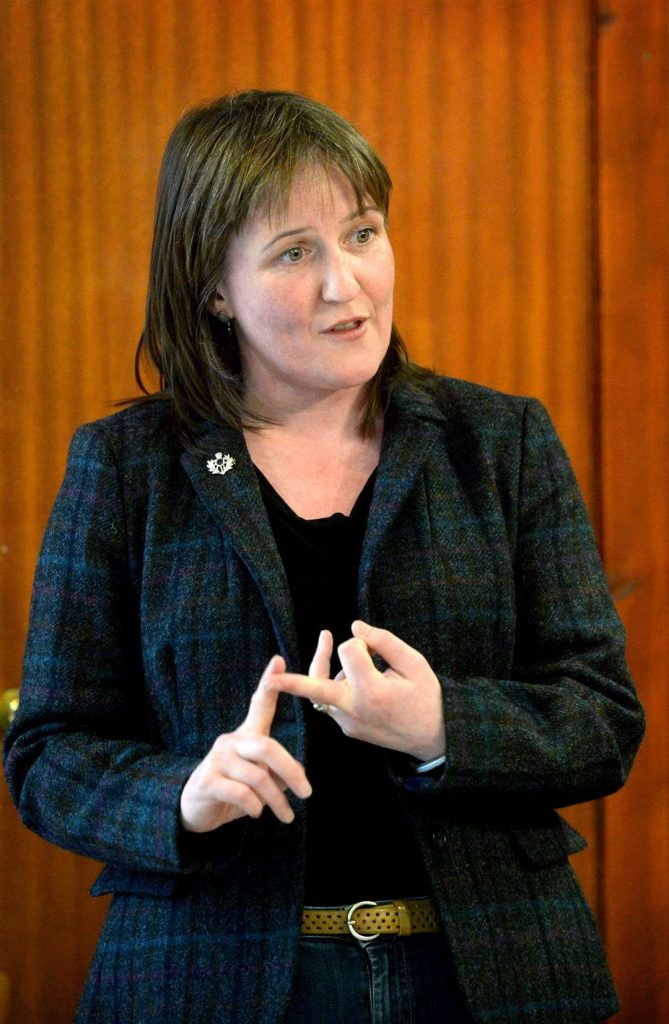
“I will finish by saying that recovery is not only about clinical treatment; it is about housing, employment and healthcare. It is about strengthening families and communities and, above all, it is about restoring hope and connection to those who have lost both. Any legislative change must be part of a wider holistic and properly resourced response. Treatment is not just about diagnosis. Recovery is not just about abstinence, and it is not linear. It is not just about whether a person is using substances. It is about restoring hope and dignity and building relationships, and it is about empowering people to control their own destinies.”
I could not disagree with Ms Todd, who had experience of living with parents who suffered from alcohol addiction. However, she finished her statement with – “I confirm that the Scottish Government’s intention is to vote against the motion”.
At that moment the person responsible for #stopthedeaths killed the Bill.
63 MSP’s voted against continued debate while 52 voted to support the campaign led by FAVOR UK to give people in Scotland the legal right to their choice of treatment for addiction.
“Everyone has the right to be treated with respect and dignity and for their individual recovery journey to be fully supported. This strategy is, therefore, about how we best support people across alcohol and drug issues – taking a human rights-based, public health approach to ensure we are delivering the best possible care, treatment and responses for individuals and communities.”
This is a quote from the Ministerial forward for the Scottish Government strategy Rights, Respect and Recovery published in 2018.
It was a 65 page glossy document which has set the direction for alcohol and drug policy in Scotland. The government apparently “took their eye off the ball” when they reduced funding to Alcohol and Drug services and we faced the consequences when deaths from drugs and alcohol reached 7 a day in Scotland, The highest rate in Europe.
Rights, Rights Rights. I hear it all the time. We have RIGHTS! But what does that mean?
Following the Second World War the United Nations proclaimed the Universal Declaration of Human Rights. This was intended to be a common standard for all Nations.
At present there are 30 articles or rights. Article 1 – All human beings are born free and equal in dignity and rights. They are endowed with reason and conscience and should act towards one another in a spirit of brotherhood.
So what does the UN Charter of Rights have to do with the Right to Addiction Treatment Bill?
Well, apparently, even though Article 25 states that “everyone has the right to a standard of living adequate for health and well-being for himself and of his family”, it s not worth anything to the Scottish Government who is a bit short of money at the moment. If I understand him properly, Mr Harvey thinks that giving people adequate treatment is too expensive.
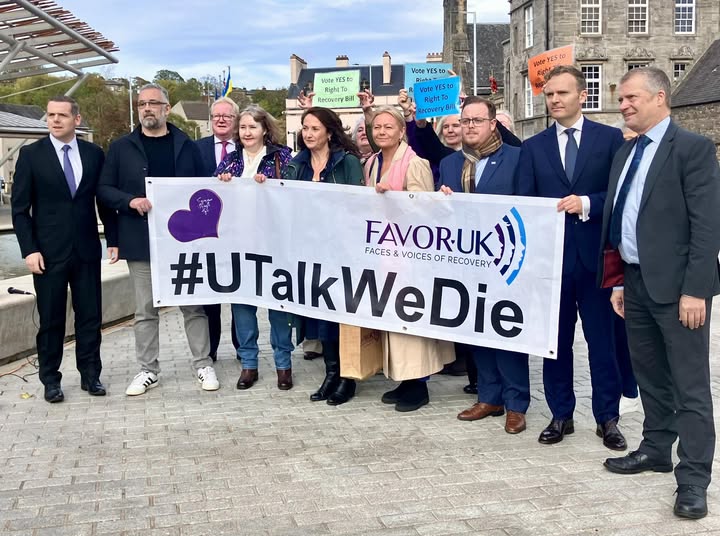
Rights are useless unless enshrined in the law of the land. That’s why treatment choices should be a legal requirement for our National Health Service. Otherwise, we continue to face the postcode lottery of finding a physician or health or social worker who will listen and treat us with dignity.
Giving people the legal right to the addiction treatment of their choice is a test case for the NHS.
I am sorry Mr Harvey MSP, but it should be my legal right to get the same treatment from the NHS as I could from the Priory or BUPA. Apparently Article 1 does not mean anything in Scotland where if you have the money, you can choose a month in a private rehabilitation but our public health service can only offer 6 weeks of what exactly? Does that sound equal care?
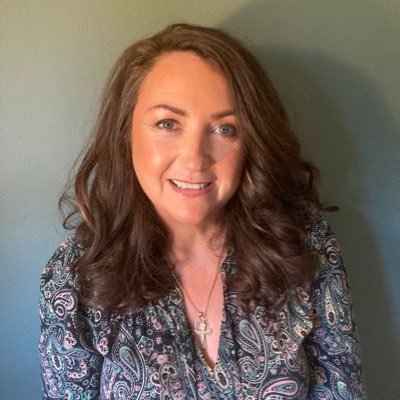
https://www.facesandvoicesofrecoveryuk.org/public-support-for-right-to-recovery-ignored/I could go on and on about politics and funding choices but I refuse to be sucked into that debate today. I have been in touch with the sponsor of “Oor Bill”, Anne Marie Ward who is the CEO of FAVOR UK and she reports that “she has just started”. I will be by her side.
MSP’s let us see their true colours on October 9th. They could have continued the debate for a few more months to hear other points of view and engage with people with lived experience. But sadly, I suspect the CEO of NHS Scotland gave instructions to her Minister – ‘Kill the Bill’.
…
Jean Henretty has been involved with mental health and addiction support in the community for over 20 years. She is presently leading a charity in Banchory providing peer led activities and is a member of the Aberdeenshire Recovery Forum.
For more detail on Anne Marie Ward’s journey with the proposed Right to Addiction Recovery (Scotland) Bill, read her own article on Splash here.
